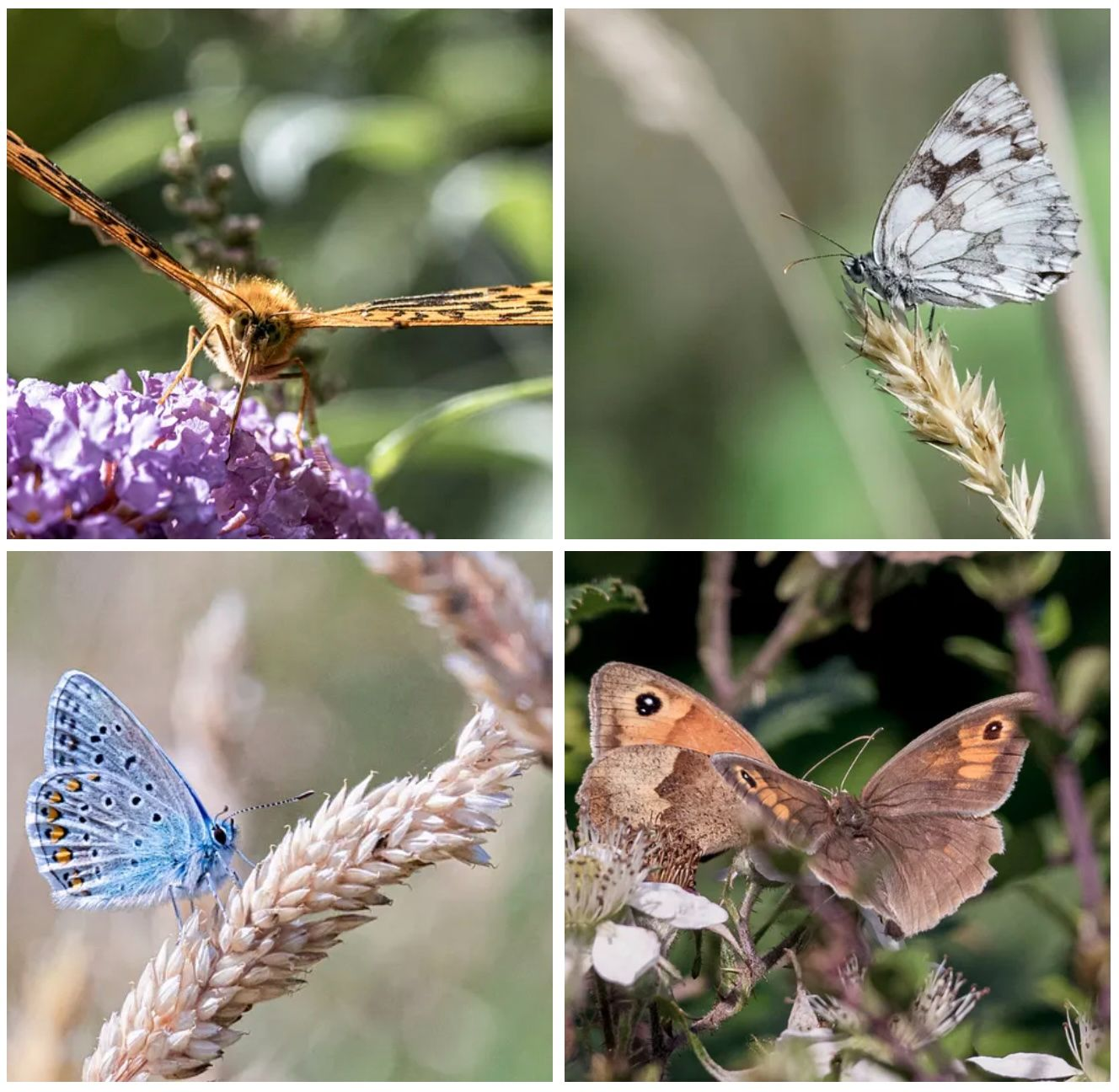From garden buddleias to summer meadows, butterflies have always been a beloved and iconic part of the British landscape. But now, these delicate pollinators are sending us a stark message: their numbers are falling, fast - and it’s time to act.
At LettsSafari we’re actively exploring how creativity, conservation, and community can come together to tackle some of the planet’s biggest challenges - starting with something as small, and as beautiful, as the butterfly.
According to a recent report by Butterfly Conservation, 2024 marked the second-worst year for common butterfly species in the UK since records began nearly 50 years ago. Despite a warm and sunny early summer, butterfly counts plunged. Proof that short-term weather doesn’t reverse long-term ecological damage.
Some of the most worrying statistics include:
Over half of the UK’s 59 native species are now in long-term decline.
Nine species, including the small tortoiseshell, small copper, and gatekeeper, saw their worst recorded numbers ever.
Even species once considered stable are now edging toward local extinction in some areas.
Dr. Richard Fox from Butterfly Conservation didn’t mince words: “It’s devastating to see widespread species continuing to decline.” He points the finger at a combination of factors: habitat destruction, pesticide use, climate change, and pollution. All consequences of how we manage land and shape our environment.
Butterflies are often described as a barometer of biodiversity. If they’re struggling, it’s a sign that wider ecosystems are breaking down too.

So what can we do? One of the most powerful tools we have is rewilding - allowing natural habitats to regenerate and flourish, often with minimal human interference. Rewilding doesn’t mean “abandoning” the land; it means stepping back and letting nature do what it does best.
Rewilded spaces offer a buffet of nectar sources, breeding sites, and shelter for butterflies. By planting native wildflowers and restoring natural plant succession, we create the complex, layered habitats that pollinators depend on.
And the best part? Rewilding can happen on almost any scale - from vast country estates to a window box in a city flat.
LettsSafari is pioneering smaller-scale rewilding projects designed to restore biodiversity and help species like butterflies thrive again. Our mission is simple: to turn underused or over-manicured spaces (gardens, parks, verges) into wild, living ecosystems.
Here’s how we’re making an impact:
Habitat creation: Our projects in southwest England focus on planting for diversity - mixing wildflowers, shrubs, grasses, and trees that bloom at different times to support butterfly lifecycles year-round.
Supporting LettsSafari is more than just a donation. It’s a chance to be part of a movement that’s regenerating land, supporting art and storytelling, and helping bring butterflies (and so much more) back from the brink.
Butterflies are beautiful, fragile and essential. Their survival depends on the choices we make today. Join LettsSafari and be part of the rewilding revolution.